The Estate Bond Strategy: Tax-Efficient Tool to Accumulate and Transfer Wealth
Quite typically, life insurance is viewed as a pure risk management tool used to create liquidity in the event of death. In this “traditional” approach, insurance is used to fund personal and business needs – such as income replacement, debt repayment, and funding estate taxes. However, these products can also be used to accumulate wealth on a tax-advantaged basis, and as a tax planning tool for estate planning, even where there is no obvious need for insurance in the “traditional” risk management perspective.
The design of these products and their unique tax attributes create an opportunity to enhance overall family wealth through tax savings and create enhanced estate values. Specifically, life insurance can be used as a tax-effective savings vehicle – such as through the Estate Bond Strategy.
Life Insurance as an Alternative Asset Class
Conventional savings are subject to tax, whether on an annual basis during an individual’s lifetime and/or on death when an individual, passes away. Exposure to tax reduces investment returns and ultimately, what is received at death by beneficiaries.
As an alternative, a policy owner can deposit funds into an “exempt” life insurance policy in excess of what is needed to fund the current policy premiums. These “extra” funds grow tax- coverage and/or accumulate as Cash Values that can be accessed during life or paid out as a tax-free Death Benefit.
Consequently, life insurance can be structured to provide pure “protection”, with no element of savings, or it can be structured to provide protection, as well as a savings element or Cash Value – which can accumulate and compound on a tax-sheltered basis.
What is the Estate Bond Strategy?
The Estate Bond Strategy compares the net estate value arising from a life insurance policy to an alternative taxable investment assuming the same amount of funding. In this manner, insurance is effectively viewed as a separate “alternative asset” class – comparable to a fixed income bond which “matures” at the life insured’s passing and pays the Death Benefit tax-free at said time.
When compared to taxable investment alternatives, an exempt life insurance policy is an effective wealth accumulation and transfer tool. The combination of both the protection and investment elements of life insurance can produce higher estate values with attractive rates of return, provide diversification benefits (as the insurance is not correlated to the stock market or other asset classes), ensure capital is preserved and available to satisfy estate gifts/inheritances, etc.
More specifically, in assessing the suitability of the Estate Bond Strategy, we consider “repositioning” a portion of a client’s fixed income portfolio into a permanent insurance policy. Whereas the taxable investment “Status Quo” scenario, would attract annual income tax and increase the individual’s estate tax bill on death, the Estate Bond Strategy allows for the capital to grow on a tax-sheltered basis and pay out to the beneficiary tax-free.
From a structuring standpoint, it should be noted that the Estate Bond Strategy can be used in the personal or corporate context, and leverage may also be incorporated to enhance rates of return. On this note, life insurance planning is a specialized area of wealth management that requires an in-depth understanding of planning concepts, in addition to having knowledge as to how to best structure the strategy to maximize the benefits for each individual’s specific facts and circumstances. This is part of the value that the Rosedale Family Office provides.
Who is the Estate Bond Strategy Suitable for?
Many High-Net Worth (“HNW”) individuals have maximized the benefits of all of the “traditional” tax-preferred investment vehicles available – such as Registered Pension Plans (“RPPs”), Registered Retirement Savings Plans (“RRSPs”), and Tax-Free Savings Accounts (“TFSAs”).
By “investing” funds, into an exempt insurance policy rather than a typical taxable investment, more funds may be provided to heirs than would have otherwise been the case.
Thus, for such HNW individuals, who have already “maxed out” their conventional registered savings vehicles, we consider the Estate Bond Strategy to act as an “alternative” asset class which may provide an attractive rate of return and maximize after-tax estate values.
What are the Benefits of the Estate Bond Strategy?
In summary, the Estate Bond Strategy offers the following key benefits:
- Tax-advantaged wealth accumulation;
- Enhanced net estate values for the benefit of the family or charity, or both;
- A tax-free death benefit;
- Reduced estate administration and probate costs (where a beneficiary is named);
- Increased creditor protection (where an appropriate beneficiary designation is made); and
- A significant and immediate lump-sum estate value.
Takeaways
The Estate Bond Strategy involves using permanent insurance to provide protection while also acting as a tax-efficient vehicle to enhance and transfer wealth to the next generation. This is one of the many tools we consider when looking at strategies to transfer wealth in the most tax-efficient basis and help our clients in achieving their legacy goals.
